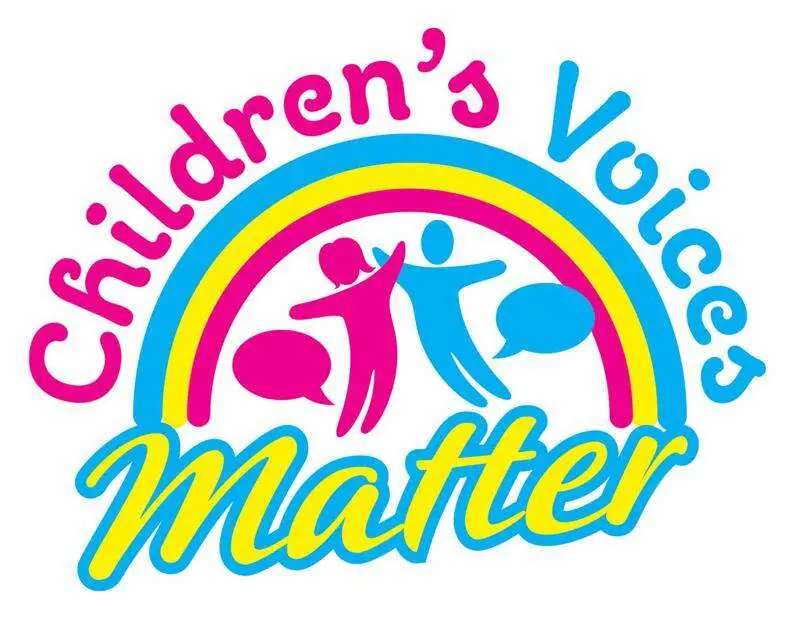
Worrying link
IT is almost unanimously accepted by United Nation’s Children Fund (UNICEF) U-Reporters that more support should be provided to Jamaican children facing mental health challenges.
The U-Reporters are now warning that the untreated mental health challenges in Jamaican children make it more likely they will be involved in violence — as perpetrators or victims.
In the latest U-Report poll conducted by UNICEF in association with the Jamaica Observer, to mark Child Month 2023, 95 per cent of the 186 respondents said they agree with the claim of a link between mental health challenges and violent acts by children. Four per cent of the respondents said no, while one per cent of the respondents were undecided.
The majority of respondents who agreed with the position were 24 years old or younger, with all the female respondents agreeing that there is a link between untreated mental health challenges and violent acts by children.
“The Government needs to lean on prioritising mental health awareness in schools, not only for the students but also for the teachers,” said one respondent.
Another respondent argued that mental health issues is a major problem for Jamaican children and urged the authorities to institute mental health days in schools.
For another respondent the problem is that children are not encouraged to vocalise their feelings.
“So eventually the cup gets full and when it runs over they combust, they just explode — being violent or using derogatory language — and they start to act out,” said one respondent
Several international studies have shown that mental illness can sometimes be associated with aggressive or violent behaviour but people living with a mental illness who receive effective treatment are no more violent or dangerous than the rest of the population.
It is also widely accepted that to prevent violence that may be associated with symptoms of mental illness people must be able to access effective treatment as early as possible. But a previous U-Report poll found that found that 83 per cent of the 214 respondents believe Jamaica is short of proper support structures for the children who face mental health challenges.
The poll finding was no surprise to Professor Wendel Abel, consultant psychiatrist at The University of the West Indies (UWI), Mona, who told the Observer that there is a shortage of support systems for children with mental health challenges.
“The public health system is overcrowded. As it exists now, if you want to get an appointment in the public health system as a young person it can take up to six months. We keep fooling ourselves that the system is efficient and adequate — it is not,” said Able as he noted that in emergency cases, however, children with mental health challenges will be seen quickly in the public health sector.
“But for a routine counselling session, that is almost non-existent in the public sector,” added Able as he pointed out that the majority of the public health facilities for mental support of children are concentrated in the Corporate Area, with rural Jamaica mostly left out.
























